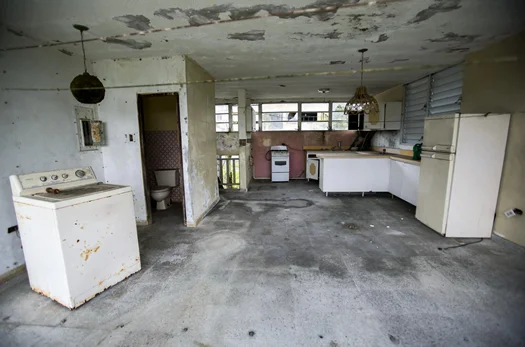Selling a Property Through Probate? How Much Tax Do I Have to Pay?

Concerned about how to pay inheritance tax before probate? In need of advice on how to value personal property for probate? Given the importance and sensitivity of such transactions, sourcing independent expert advice should be your first port of call.
What Is a Probate Property?
Dealing with the loss of a loved one is challenging enough without the added complications of handling complex probate and inheritance tax issues. In the simplest terms, a probate property is a property an individual takes ownership of that has been named in the final will and testament of a deceased individual.
Irrespective of whether you intend to sell the property, you may be liable for probate tax, aka inheritance tax, in the United Kingdom. The importance of an accurate probate valuation of property cannot be overstated, nor can securing expert representation help relieve some burden. From obtaining a grant of privilege to dealing with all administrative and taxation requirements, it’s important to have an experienced team behind you.
Do I have to pay inheritance tax?
In England and Wales, you will be liable for an inheritance tax payment if the total estate bequeathed to you has a combined value in excess of £325,000. This is the existing inheritance tax threshold—the limitation of the inheritance you can receive without having to pay tax.
If the total value of the estate exceeds £325,000, a full 40% is payable on the amount that goes beyond this threshold.
What Does Probate Have to Do with Inheritance Tax?
When an individual receives ownership of a property through a final will and testament, they must obtain a Grant of Representation to confirm their legal ownership of and rights to the estate. In order for this to happen, the entire estate must be valued and inheritance tax obligations calculated.
The process cannot be completed until the recipient of the estate is able to prove that they have paid the inheritance tax due in full or provide formal evidence that inheritance tax is not payable. By working with an experienced and reputable probate specialist, the entire process of evaluating the property and establishing inheritance tax liability can be accelerated and simplified significantly.
A typical example
In a working example, an individual is left a property in the final will and testament of a parent. The property has a probate valuation of £475,000, which is also the maximum value the property is likely to sell for in the current market. Assuming this is the total value of the deceased individual’s estate, this amounts to £150,000 above the current inheritance tax exemption threshold.
This would mean that 40% of the £150,000 would be payable to satisfy inheritance tax requirements, amounting to a total of £60,000.
However, there are countless variables that could affect the total tax liability in both directions. From charitable contributions to capital gains tax to the type of property and its intended use, it isn’t quite as simple as establishing basic inheritance tax obligations alone.
The importance of responsible representation
The representation you secure throughout the process could have an enormous impact on the costs incurred. Avoidance of taxation isn’t an option, but there are often avenues to explore to minimise the amount of tax you’re required to pay. all while simplifying a complex legal and legislative process during an incredibly difficult time of life.
At the earliest possible stage, therefore, secure the most capable and experienced representation available. Doing so could save you time, money, and a lot of unnecessary hassle along the way.
